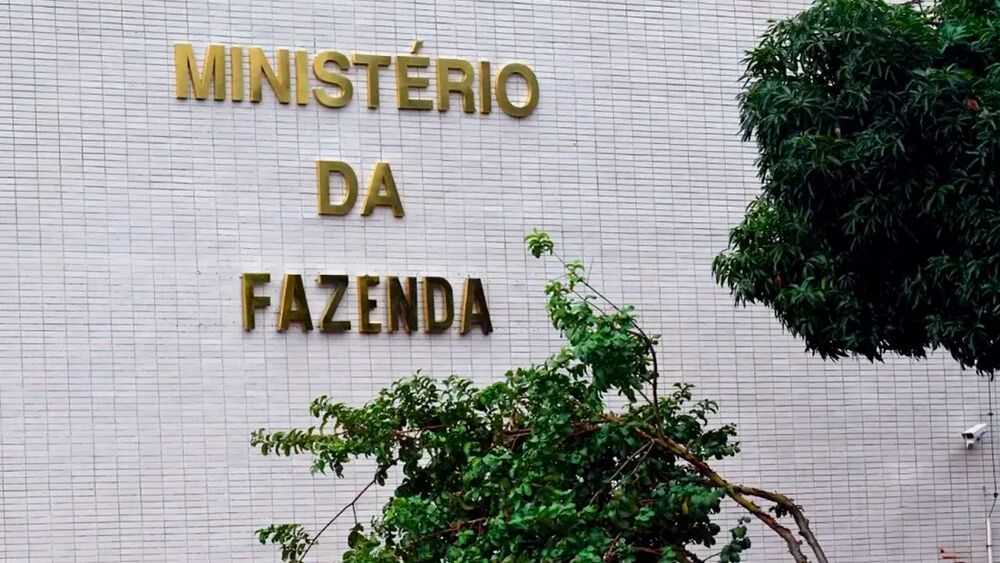Brazil: Government Collects R$ 9.3 Million from Betting Taxes in April

Brazil – June 17, 2025 – www.zonadeazar.com The Federal Government recorded the highest monthly revenue of 2025 in April from betting supervision fees, reaching R$ 9.3 million during the period. In the first four months of the year, the total amount collected reached approximately R$ 30.5 million.
The data was published this Sunday (15) by the Metrópoles portal. April’s result represents a 36% increase compared to January, when revenue was R$ 6.8 million. The figures for May and June have not yet been released.
The reported amounts refer exclusively to supervision fees and do not include total taxes collected from betting companies. Below are the monthly values for 2025:
-
January – R$ 6.8 million
-
February – R$ 7.1 million
-
March – R$ 7.3 million
-
April – R$ 9.3 million
Betting Regulation
The betting law received presidential sanction in December 2023, after passing through the National Congress. Throughout 2024, the Ministry of Finance defined specific rules for the sector in Brazil. As a result, each company paid a license fee of R$ 30 million to operate for five years.
Operators must comply with several legal requirements, including implementing anti-fraud and anti-money laundering measures, and avoiding abusive advertising.
Senate Supports Higher Betting Taxation
The Senate’s leadership met on June 12 to analyze a Provisional Measure (MP) from the Ministry of Finance. The measure aims to boost tax revenue as an alternative to the IOF (Tax on Financial Operations).
Leaders interviewed by Poder360 expressed support for the proposals, including increasing taxes on sports betting companies, and raising the CSLL (Social Contribution on Net Profit) rate for fintechs.
The measure raised the betting tax rate from 12% to 18%, a move the government defends as a regulatory tool to discourage excessive growth in the sector. Lawmakers have supported this position, agreeing on the need for tighter controls.
Regulated Sector Opposes Tax Hike
In parallel with regulatory efforts, the government’s economic team also began classifying advertising for illegal bets as a violation. However, the regulated betting sector strongly opposed the tax hike, especially as it comes just six months after the specific legislation took effect.
The industry claims that this tax increase threatens the financial sustainability of licensed operators and encourages the illegal market. Licensed companies are expected to generate over R$ 4 billion in tax revenue during 2025. Betting associations argue that this represents a significant contribution to the national treasury.
Edited by: @_fonta – www.zonadeazar.com